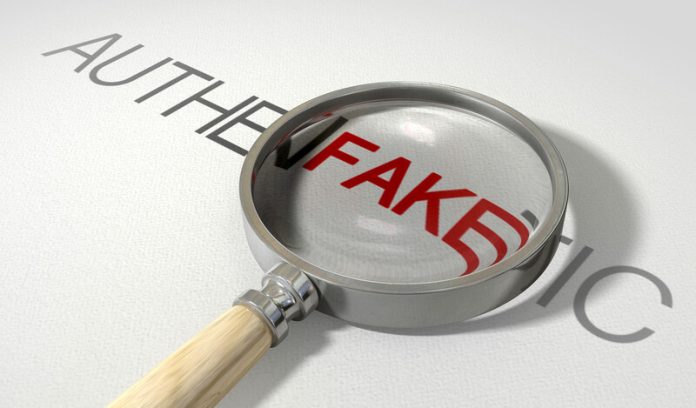It appears the downturn in the nation’s economy amid consequent factors could be the unreasonable cause for the prevalence of fake and adulterated goods in the country even as culprits are smiling to the banks at the detriment of the unwary public. Besides, faking and adulteration, some smart but dubious manufacturers have perfected the art and act of short-changing consumers by reducing the actual grams displayed on their package. While the gram is explicit in terms of the content, the actual value is less than displayed. Others go a further step by hoodwinking the buyer by suspicious promo of “buy a pack and have one extra”. There is no such extra but equal value from what has been shortened from the original pack. That is part of a whole gamut of trade gimmicks which consumers are at the receiving end.
Quite recently, a popular brand of tooth paste advertised it has a special toothbrush as freebie for its consumers but soon, they realized that the quantity in the real pack was short of a full package. Thus, the buyer is paying in directly through the shortage in the main product. We consider this practice as unwholesome and deceptive. This tendency has to be checked by regulatory agencies.
Given the economic tide that has not spared any one sector, it is not out of place for manufacturers to increase price but playing on the psyche and intelligence of the consumer is deceitful and indeed preposterous.
Only recently, the Federal Competition and Consumer Protection Commission ,FCCPC, raised the alarm over the increase in adulterated and contaminated foods our markets.
FCCPC acting executive vice-chairman Adamu Abdullahi said in Abuja on Thursday that some traders were engaging in various forms of adulteration without considering the health implications for consumers.
Mr Abdullahi said this at a one-day sensitisation for traders, farmers, civil society organisations ,CSOs, and the public on the forceful ripening of fruits, adulterated palm oil, contaminated meat, and grains.
Mr Abdullahi said the move would ensure a healthier society in line with President Bola Tinubu’s ‘Renewed Hope Agenda’.
He said the acts establishing the FCCPCFC gave it powers to evacuate fake and adulterated products from the markets to prevent consumers from purchasing them.
“We will go to the markets to sensitise the traders and educate the public and sellers that adulterated, fake products are not allowed in the markets, and if they see any, they have somewhere to report.
“We have to ensure that the goods in the markets are according to the standard that they should be”, he said.
Femi Stephen of the Federal Ministry of Health and Social Welfare described adulteration as the addition of substandard substances that have the same properties as the food with which they are mixed.
Mr Stephen said palm oil was adulterated with dye, lard (animal fat from pork), and transformer oil (paraffin), warning that adulteration is linked to various health challenges.
He listed some health issues linked to adulteration, such as abdominal pain, nausea, brain damage, stomach disorder, cardiac arrest, liver disease and breathing difficulties.
Mr Stephen urged farmers to seek experts’ guidance in applying pesticides to avoid poisoning.
Promise Ogbonna of the National Agency for Food, Drug Administration and Control ,NAFDAC, said that forceful fruit ripening is detrimental to health. She said calcium carbide used for the forceful ripening of fruits was arsenic and phosphorus, which had been said to be carcinogenic.
Edozie Ugwu, the vice-president (North-Central) of the National Association of Nigerian Traders ,NANTS, commended the FCCPC for the sensitisation.
Mr Ugwu said that many Nigerians had lost their vital body organs to food adulteration. He said the market associations would collaborate with the FCCPC and other government agencies to ensure that the law penalised any trader found wanting in the practice.
“What we intend doing is to take this back and sensitise our traders on the importance of avoiding these adulterated foods. We plead that this be extended to various markets”, he said.
The market associations, including market women associations and members of the Food and Hygiene Association of Nigeria, were present at the event.
We have been advocates of safe and healthy products and will continue in our drive to sensitise the public on the need for extra vigilance even as we call on regulatory agencies to firm up their advocacy and operational tendencies for a safer Nigeria.
We object to any practice that would cause further pain to the average Nigerian when so much is being dissipated on various other fronts, including health, transportation and sundries.





